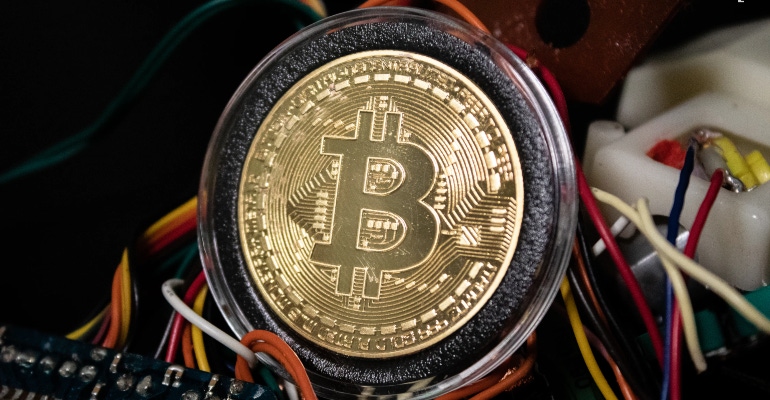NFTs, or non-fungible tokens, are a new industry taking over the licensed good market. But what do licensed digital products mean for physical products?

If you’ve worked in the licensing industry for some time, you probably feel as if you’ve seen it all. From licensed apparel to toys and games to beauty and cosmetics, licensed products have almost always been physical, tangible and relatively predictable.
Now, with a growing digital marketplace, technology innovations and a pandemic shifting multiple companies’ focus to digital offerings, it was the perfect time for an all-new licensed product to hit the market: the NFT, or non-fungible token (if you’re not familiar with NFTs, check out our free, on-demand webinar that will give you more insight on the subject. Another great resource is an analysis piece from License Global’s Ben Roberts.)
Digital ownership of intellectual properties allows consumers to be involved in their fandoms like never before. From being the owner of exclusive photos of Floyd Mayweather, or even having the power to be the only person besides the cast and crew to see a horror film, NFTs give companies and individual the option of giving consumers a level of exclusivity to likenesses and properties that has never been seen in the market before.
Industry experts not only see NFTs as the hottest new option on the licensing market, but one of the most important additions.
"In the next two to five years, you won't survive if you don't have an NFT strategy," Gary Vaynerchuk, chief executive officer, VaynerMedia said during the WTF NFT Webinar. "Every business is going to have a strategy revolved around NFTs, the same way they now have social media strategies. It's an adjusted extension of the brand. So, everyone needs to have a strategy for the long term."
With this explosion in digitization across the globe, and now the introduction of NFTs across the licensing industry, it begs the question of what that means for physical licensed goods and how they will fare in the future.
It is of course arguable that digital goods could eventually outweigh physical goods in the licensing industry, especially if the trend of exclusivity continues. However, the one thing that NFTs currently lack is the ability to do is fill the gap of activity-based physical products. Sure, an NFT could easily be produced in the form of a movie, a video game or a television show. Those can be exchanged digitally. Physical collectibles like makeup, toys, apparel and more have the added benefit of real-world use and décor options.
That’s not to say that the value of NFTs is less than physical goods. An NFT’s non-fungibility makes it a one-of-a-kind buy, something that appeals for both physical and digital goods. However, that exclusivity can end up benefitting the company offering the NFT for years to come.
“The idea of ‘ownership’ and owning a digital asset… that is new and interesting and the foundation for NFTs and their existence,” says Trevor George, chief executive officer, Trevco and co-founder of a new NFT-focused company, Recur. “However the most intriguing potential for licensing is the idea of a recurring royalty. Imagine a physical action figure or collectible sells today, and then sells on eBay ten years later for $10,000. The brand does not participate in that secondary transaction. Thanks to NFTs and the blockchain, this is now possible. The brand can participate in the recurring transaction, every time an item sells – forever. Imagine the same for a comic book, or a ticket to the Super Bowl. Imagine if the brand could participate in the re-sell, every time – forever. The company is called “Recur” because we are actually developing the code base for the recurring royalty standard, that will be used industry wide.”
Licensed goods, therefore, hold value in both digital and physical forms, and companies involved in licensing should balance their focus between the two to implement strategies that will bring in the benefits – and the revenue – from both.
Fans are loyal to the IP that they relate to, regardless of its form, but giving fans the ability to show off their fandom externally through physical products while giving them the internal satisfaction of exclusivity through digital products is a guaranteed recipe to keep consumers coming back for more.
Read more about:
NFTAbout the Author(s)
You May Also Like








